Acupuncture
Acupuncture: what is it?
Acupuncture is a method of encouraging the body to promote natural healing and to improve functioning. This is done by inserting needles and applying heat or electrical stimulation at very precise acupuncture points.

About Acupuncture
How does Acupuncture work?
The classical Chinese explanation is that channels of energy run in regular patterns through the body and over its surface. These energy channels, called meridians, are like rivers flowing through the body to irrigate and nourish the tissues. An obstruction in the movement of these energy rivers is like a dam that backs up in others.
The meridians can be influenced by needling the acupuncture points; the acupuncture needles unblock the obstructions at the dams, and reestablish the regular flow through the meridians. Acupuncture treatments can therefore help the body’s internal organs to correct imbalances in their digestion, absorption, and energy production activities, and in the circulation of their energy through the meridians.
The modern scientific explanation is that needling the acupuncture points stimulates the nervous system to release chemicals in the muscles, spinal cord, and brain. These chemicals will either change the experience of pain, or they will trigger the release of other chemicals and hormones which influence the body’s own internal regulating system.
The improved energy and biochemical balance produced by acupuncture results in stimulating the body’s natural healing abilities, and in promoting physical and emotional well-being.
What is medical acupuncture? is it different from ordinary acupuncture?
Acupuncture is a very old medical art, and there are many approaches to learning and practicing it. Medical acupuncture is the term used to describe acupuncture performed by a doctor trained and licensed in Western medicine who has also had thorough training in acupuncture as a specialty practice. Such a doctor can use one or the other approach, or a combination of both as the need arises, to treat an illness.
What is the scope of medical acupuncture?
Medical acupuncture is a system which can influence three areas of health care:
- promotion of health and well-being,
- prevention of illness,
- treatment of various medical conditions.
While acupuncture is often associated with pain control, in the hands of a well-trained practitioner it has much broader applications. Acupuncture can be effective as the only treatment used, or as the support or adjunct to other medial treatment forms in many medical and surgical disorders.The World Health Organization recognizes the use of acupuncture in the treatment of a wide range of medical problems, including:
- Digestive disorders: gastritis and hyperacidity, spastic colon, constipation, diarrhea.
- Respiratory disorders: sinusitis, sore throat, bronchitis, asthma, recurrent chest infections.
- Neurological and muscular disorders: headaches, facial tics, neck pain, rib neuritis, frozen shoulder, tennis elbow, various forms of tendinitis, low back pain, sciatica, osteoarthritis.
- Urinary, menstrual, and reproductive problems.
Acupuncture is particularly useful in resolving physical problems related to tension and stress and emotional conditions.
If you have questions about a specific illness or disorder not listed above, you can usually have your questions answered by medical acupuncturists practicing in your area.
How many treatments will i need?
The number of treatments needed differs from person to person. For complex or long-standing conditions, one or two treatments a week for several months may be recommended. For acute problems, usually fewer visits are required, and for health
Are there any side effects to the treatment?
Usually not. As energy is redirected in the body, internal chemicals and hormones are stimulated and healing begins to takeplace. Occasionally the original symptoms worsen for a few days, or other general changes in appetite, sleep, bowel or urination patterns, or emotional state may be triggered. These should not cause concern, as they are simply indications that the acupuncture is starting to work. It is quite common with the first one or two treatments to have a sensation of deep relaxation or even mild disorientation immediately following the treatment. These pass within a short time, and never require anything more than a bit of rest to overcome.
What are the needles like? do they hurt?
People experience acupuncture needling differently. Most patients feel only minimal pain as the needles are inserted; some feel no pain at all. Once the needles are in place, there is no pain felt. Acupuncture needles are very thin and solid and are made from stainless steel. The point is smooth (not hollow with cuttingedges like a hypodermic needle) and insertion through the skin is not as painful as injections or blood sampling. The risk of bruising and skin irritation is less than when using a hollow needle.
Because your doctor carefully sterilizes the needles using the same techniques as for surgical instruments, or uses disposable needles, there is no risk of infection from the treatments.
Does acupuncture really work?
Yes. In the past 2,000 years, more people have been successfully treated with acupuncture than with all other health modalities combined. Today acupuncture is practiced widely in Asia, the Soviet Union, and in Europe. It is now being used more and more in America by patients and physicians. Acupuncture treatments can be given at the same time other techniques are being used, such as conventional Western medicine,osteopathic or chiropractic adjustments, and homeopathic ornaturopathic prescriptions. It is important that your physician-acupuncturist know everything that you are doing, so he or she can help you get the most benefit from all your treatments.
Do i have to believe in acupuncture for it to work?
No. Acupuncture is used successfully on cats, dogs, horses and other animals. These animal patients do not understand or believein the process that helps them get better. A positive attitude toward wellness may reinforce the effects of the treatment received, just as a negative attitude may hinder the effects of acupuncture or any other treatment. A neutral attitude (“I don’t know if I really believe in this.”) will not block the treatment results.
Are there any “do’s and dont’s” for me on the day of a treatment?
- Yes. To enhance the value of a treatment, the following guidelines are important:
- Do not eat an unusually large meal immediately before or after your treatment.
- Do not over-exercise, engage in sexual activity, or consume alcoholic beverages within 6 hours before or after the treatment.
- Plan your activities so that after the treatment you can get some rest, or at least not have to be working at top performance. This is especially important for the first few visits.
- Continue to take any prescription medicines as directed by your regular doctor. Substance abuse (drugs and alcohol) especially in the week prior to treatment, will seriously interfere with the effectiveness of acupuncture reatments.
- Remember to keep good mental or written notes of what your response is to the treatment. This is important for your doctor to know so that the follow-up treatments can be designed to best help you and your problem
Is acupuncture covered by health insurance?
- Some insurance companies currently cover acupuncture costs, other companies do not yet recognize the value of acupuncture. Each health policy must be reviewed to determine acupuncture benefits. More and more insurance companies are recognizing the value of providing coverage for medical acupuncture services. You can help by insisting that your insurance company offer you reimbursement for medically indicated acupuncture treatments before you accept their policy.
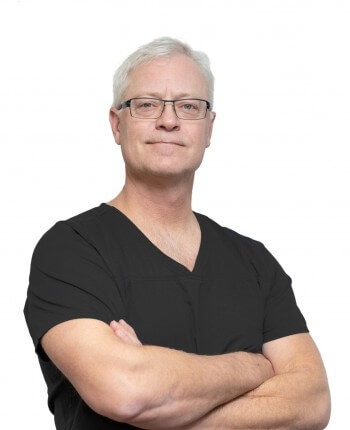
Touch of Health Medical Center
Complete a full examination at our center and get a prognosis for your recovery.
Our specialists help you to recover much faster.
Our Doctors
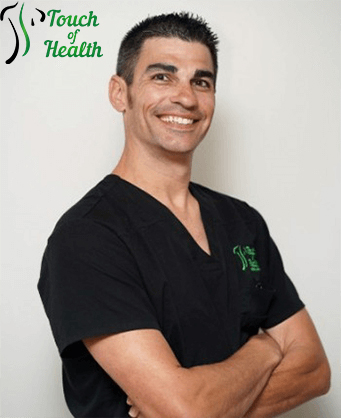
Dr. Mark Biondi was born in Council Bluffs, Iowa. At the age of three, his parents relocated to Merritt Island, so he has spent most of his life on the Space Coast and around Central Florida. He attended Merritt Island High where he developed an early interest in athletic training and sports medicine that would later lead him to pursue a career as a Chiropractic Physician. He attended Brevard Community College (now Eastern Florida State College) and the University of Central Florida. He then enrolled at Logan University, College of Chiropractic Medicine, where he received his Doctorate of Chiropractic degree.
Dr. Roger A. Walker is a Board-Eligible Orthopedic surgeon. He received his Bachelor of Science degree from Florida Atlantic University (FAU) College of Engineering. He was a member of the Varsity FAU baseball team and was selected in the Major League baseball draft. While practicing as a professional engineer, he obtained a Master of Science in Mechanical Engineering from FAU. He then pursued his medical degree at Nova Southeastern University. His orthopedic surgery training was performed at the level one trauma center, Broward Health Medical Center, in Fort Lauderdale, Florida. He continued his training at Orlando Health Medical Center, completing a fellowship in Orthopedic Surgery Sports Medicine.
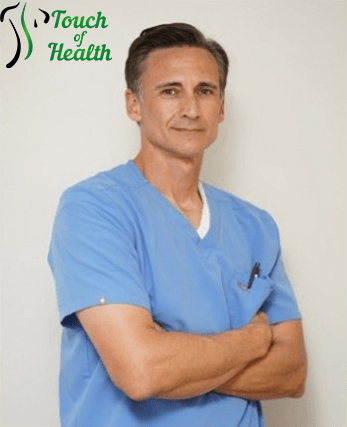
Touch of Health Clinic
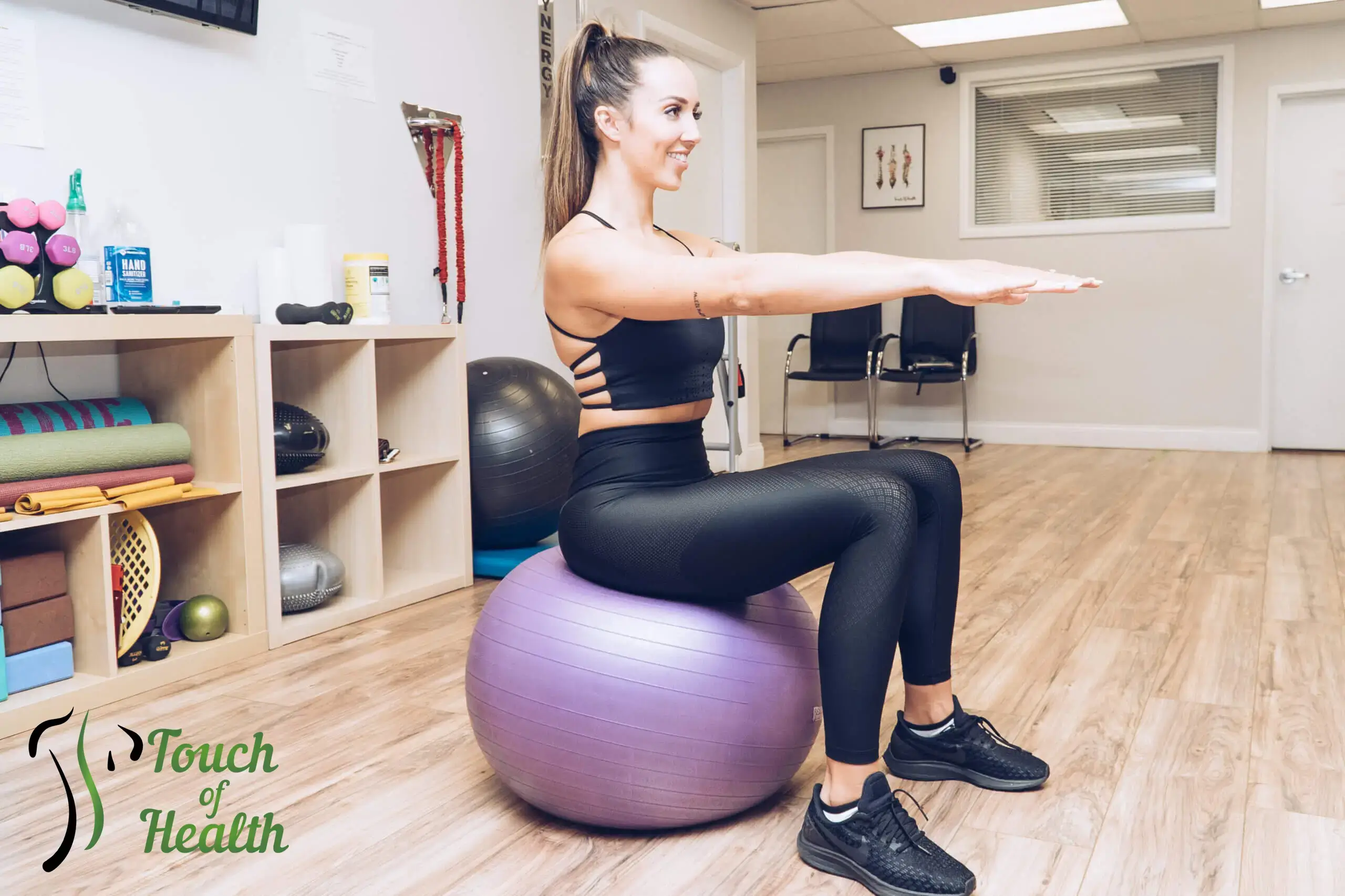


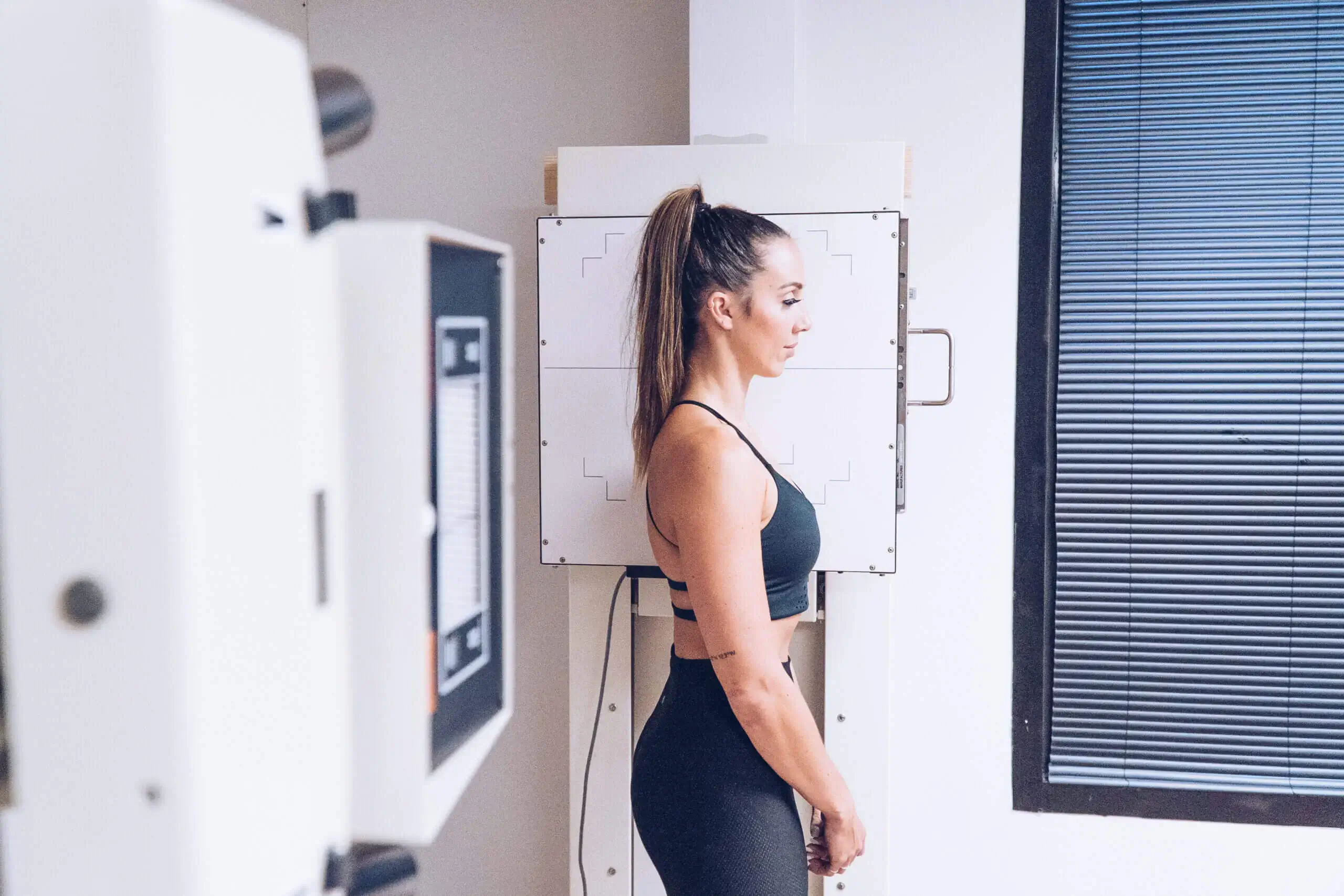

The clinic Touch of Health is a modern and well-equipped medical center. Our specialization is traumatology and orthopedics. The doctors are highly-qualified professionals which are well-known in their field. We provide full diagnostics, medical treatment and physical therapy for different types of injuries including sport and car traumas. Our orthopedic center provides a full specter of diagnostic methods like x-ray and MRI. We care about our patients and are ready to help at any time.



